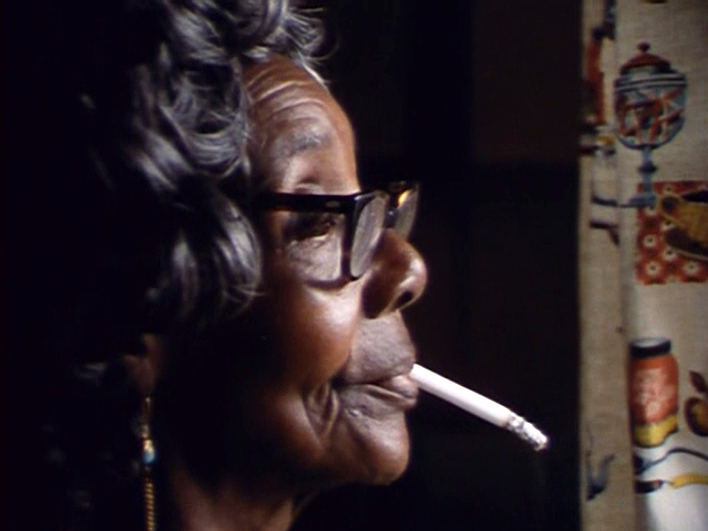
Voorwoord Zien, kijken, filmen
Johan van der Keuken, 1980
Door jarenlang ijverig te spelen met het zichtbare en hoorbare materiaal dat zich binnen de vier lijnen van het beeld aandient, werd beelden maken mijn vak. Maar wat zou je de godganse dag moeten filmen? Om de camera op andere mensen te kunnen richten moet ik een zekere weerzin overwinnen, want het beeld legt het leven lam, beperking en vervalsing zetten onmiddellijk in. Vakmanschap is het overwinnen van die weerzin: er dan toch iets levends aan te ontworstelen, dichter naar de mensen toe te komen, de afstand te overbruggen. Bij schrijven kom ik aan het probleem van de weerzin nauwelijks toe. Schrijven is niet mijn vak; het is een activiteit die andere activiteiten verbindt.